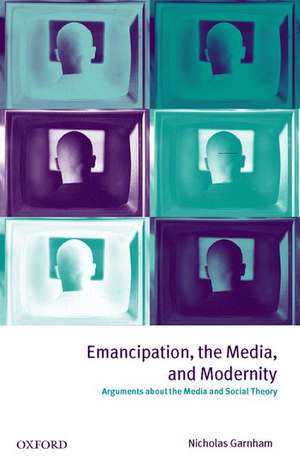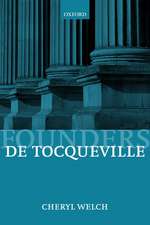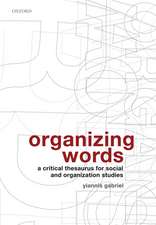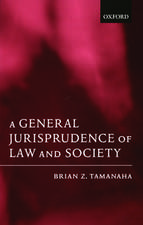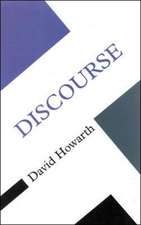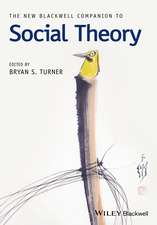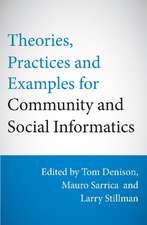Emancipation, the Media, and Modernity: Arguments about the Media and Social Theory
Autor Nicholas Garnhamen Limba Engleză Hardback – 6 apr 2000
| Toate formatele și edițiile | Preț | Express |
|---|---|---|
| Paperback (1) | 330.51 lei 31-37 zile | |
| OUP OXFORD – 5 apr 2000 | 330.51 lei 31-37 zile | |
| Hardback (1) | 350.45 lei 31-37 zile | |
| OUP OXFORD – 6 apr 2000 | 350.45 lei 31-37 zile |
Preț: 350.45 lei
Preț vechi: 510.38 lei
-31% Nou
Puncte Express: 526
Preț estimativ în valută:
67.06€ • 69.62$ • 55.92£
67.06€ • 69.62$ • 55.92£
Carte tipărită la comandă
Livrare economică 12-18 martie
Preluare comenzi: 021 569.72.76
Specificații
ISBN-13: 9780198742258
ISBN-10: 0198742258
Pagini: 214
Dimensiuni: 145 x 226 x 17 mm
Greutate: 0.38 kg
Ediția:New.
Editura: OUP OXFORD
Colecția OUP Oxford
Locul publicării:Oxford, United Kingdom
ISBN-10: 0198742258
Pagini: 214
Dimensiuni: 145 x 226 x 17 mm
Greutate: 0.38 kg
Ediția:New.
Editura: OUP OXFORD
Colecția OUP Oxford
Locul publicării:Oxford, United Kingdom
Recenzii
Nicholas Garnham's new book is about moral philosophy, social theory and media analysis. Often these subjects are held to be separate. For Garnham, they are inseparable. This is certainly a major strength of this work, his work in general, and it should be emulated. To hold these subjects together in the face of increasing specialization in universities is a difficult task but one that Garnham achieves through his ability to proceed quickly, and with clarity, to what is essential in an argument. He is at home in all three subjects.
Notă biografică
Nicholas Garnham is Professor of Media Studies, University of Westminster
